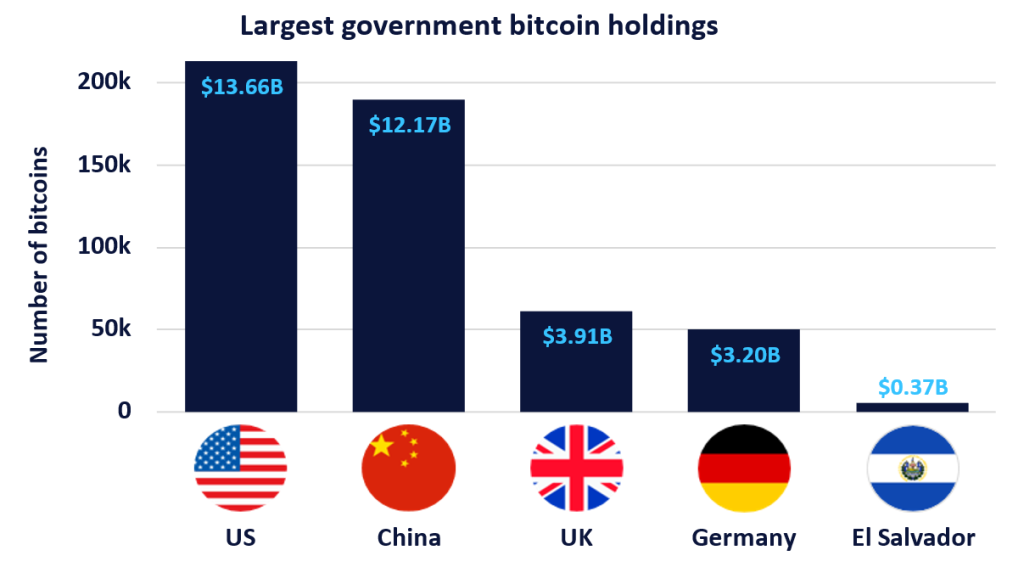
Several Latin American cities were hailed as a “new Silicon Valley” in the last decade. The 2020s promise to be a turning point for these emerging tech hubs. Thriving start-up ecosystems in Colombia, Chile and Uruguay in particular have drawn attention from the less surprising tech investments of their bigger neighbors Mexico and Brazil.
Conditions helping tech start-ups to thrive in these countries are indeed comparable to the early days of Silicon Valley. However, the way those conditions are being cultivated is fundamentally different.
The most crucial difference during the next decade will be the existence of pressure from above. The original US tech giants are expected to advance on the region, galvanizing the local players.This environment is making for a uniquely innovative landscape of new tech companies. This is because they understand the digital direction of development in their countries and how to take advantage of it.
Silicon Valley style progressive business policies are being geared specifically towards technology
Silicon Valley received huge state funding following WWII, and was granted considerable regulatory advantages. However, these endorsements were never as technology-specific as those which now support LatAm start-ups.
A World Bank economic report declared Colombia to be a leader in progressive business regulation. The government is funding hubs iNNPulsa and Ruta-N aiming to create an innovation-leading economy by 2025.
Meanwhile, Uruguay was one of the first ten countries to adopt an official AI strategy. It was only the second in Latin America after Mexico, joining several vastly larger economies.
How well do you really know your competitors?
Access the most comprehensive Company Profiles on the market, powered by GlobalData. Save hours of research. Gain competitive edge.

Thank you!
Your download email will arrive shortly
Not ready to buy yet? Download a free sample
We are confident about the unique quality of our Company Profiles. However, we want you to make the most beneficial decision for your business, so we offer a free sample that you can download by submitting the below form
By GlobalDataStart-Up Chile, a tech-targeted government initiative, has attracted international talent with grants of up to $40,000. Its tech visas enable foreign innovators to acquire a visa in 15 days.
Uruguay stands in particular contrast to the non-specific favorability of California’s business environment. It has a 100% income-tax exemption for exports of software, which has made Montevideo a center for videogame development.
Talent is also being fostered in progressive education systems
It could be said that Colombia, Chile and Uruguay lack the world-class universities which fostered many nascent talents in Silicon Valley.This is another area, though, where the Valley’s successors in Latin America are forging their own paths.
In Colombia, for example, the rapid growth of internet penetration and increasing affordability of mobile devices is making self-learning through mobile apps a genuinely impactful tool.In late 2019 the Colombian Ministry of Information and Communication Technologies partnered with Coursera to offer free access to tech courses to 25,000 ambitious young Colombians.
Chile, meanwhile, boasts tertiary enrolment on a par with the US. The S Factory education and funding program for female start-up founders supplies the tech industry with ambitious graduates.
Education is also another area where Uruguay performs impressively. This is partly thanks to its early adoption of the One Laptop Per Child initiative.
In the coming decade, these favorable conditions give Colombia, Chile and Uruguay huge potential. They should be able to generate their own unique innovations, even before the arrival of Silicon Valley tech giants.







Related Company Profiles
Coursera Inc